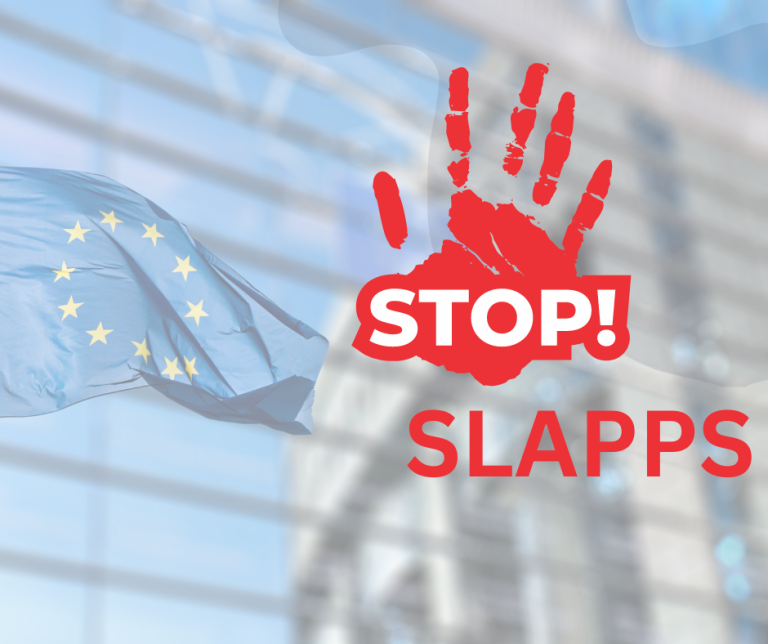NGO Communication Dilemma
Human rights monitoring organization covering migration and refugee issues is facing a dilemma. Their mission is to bring into public attention human rights violations, yet the public discourse in both Lithuania and Europe has taken on an overwhelmingly negative tone regarding migration. When the migration crisis erupted, public sentiments quickly polarized—ranging from outright hostility toward migrants to calls for extreme measures. NGO which also handles other sensitive topics like disability, women's rights and inequalities, is under constant pressure to maintain a positive public image. This is not only to secure public support but also to ensure continued funding and cooperation with the state institutions. When they try to address sensitive topics—such as the systemic issues migrants face, including discrimination and even sexual violence—the backlash is severe. The NGO risks being accused as anti-state or as engaging in hybrid warfare by highlighting narratives that conflict with the state’s preferred discourse. Yet, the communication abound the critical issues is stifled. The prevailing negative public environment, combined with a tacit expectation to avoid certain ‘taboo’ topics, require the team to adopt a softer, more neutral narrative. This compromises their ability to fully represent the real challenges and human rights violations migrants and other vulnerable groups are facing.
What kind of wayouts would you see to break through the hostile public narrative and still truthfully communicate about the issues?






This is a guide for lawyers and journalists on SLAPP in Hungarian: https://europatarsasag.hu/sites/default/files/open-space/documents/magyarorszagi-localcurriculumhungary.pdf further materials are also available here: https://europatarsasag.hu/en/node/2640